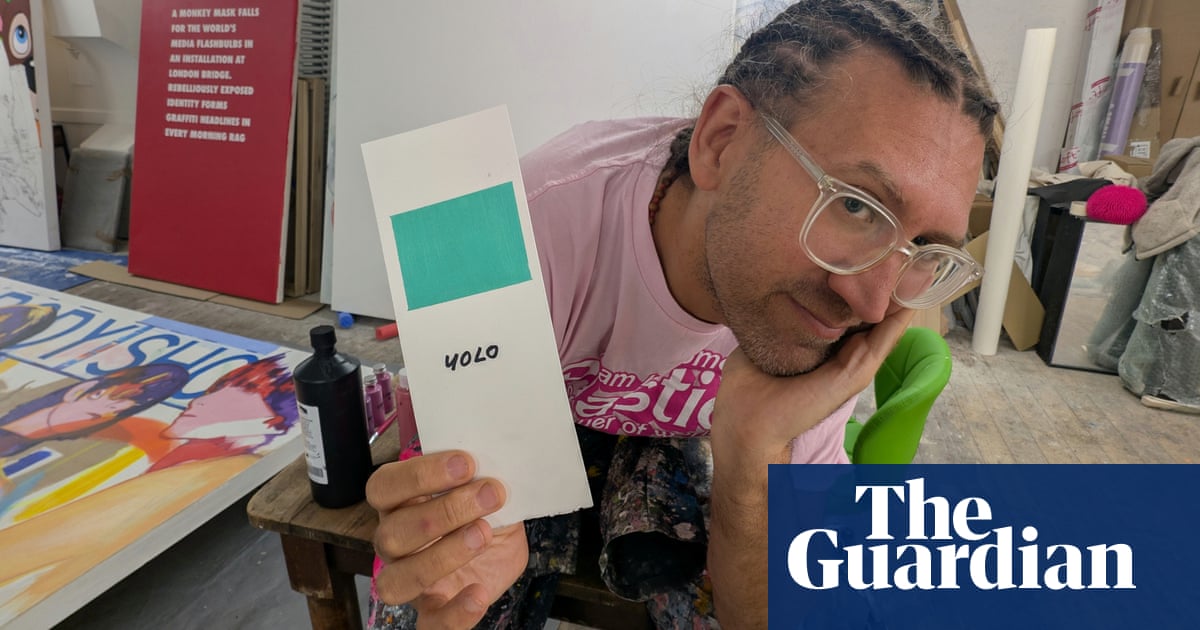An online row last week underlines something we all know but which many prefer to ignore. There is something not right about surrogacy. The furore started with an Instagram post by Lily Collins: a picture of her new daughter, Tove, in a little basket, under which the Emily in Paris actor expressed “endless gratitude for our incredible surrogate”. Reaction split along predictable lines – those in favour of surrogacy, and those against.
What was striking was that it also split along another fissure: Collins’s possible motives. It was OK, some felt, to use a surrogate if you have infertility problems. But not in order to keep your figure, help your career, or because pregnancy is taxing and you are rich enough to outsource it.
People were also divided on the motives of the surrogate. All well and good if she was driven by a desire to help Collins and her husband. But not if the true reason was the need for money.
Collins’s husband, Charlie McDowell, hit back at “unkind messages”, writing: “It’s OK to not know why someone might need a surrogate to have a child. It’s OK to not know the motivations of a surrogate regardless of what you assume.”
But he would be wrong to think motives are irrelevant here. This row touches on a central problem with surrogacy. As with assisted dying, motives do matter. If surrogates are being coerced by financial need or by other people, that is a problem. If the rich are delegating pregnancy to others merely because they can, that is another.
The trouble is – as with assisted dying – there are few ways to guarantee that someone is doing something for the right reasons. You cannot peer into people’s souls, divine their true reasons and legislate accordingly.
There is a defensible version of surrogacy, involving commissioning parents who are genuinely in need and a “gestational carrier” who was not pressured by her circumstances. But there are many, many indefensible versions, and no sure way to guard against all of them. If some reasons for surrogacy are morally unacceptable, then so is the practice itself.
Advocates tend to focus only on infertile couples yearning for a child. But there is no getting away from the fact that outsourcing childbirth is the preserve of the rich. It is increasingly common in Hollywood, for example: Sarah Jessica Parker, Nicole Kidman, Paris Hilton, Grimes, Khloé and Kim Kardashian, Priyanka Chopra, Rebel Wilson, Lucy Liu and Naomi Campbell have all reportedly used a surrogate to have children.
after newsletter promotion
Liu has said that her decision was not driven by infertility: “It just seemed like the right option for me because I was working and I didn’t know when I was going to be able to stop.”
This may sound reasonable. If infertility is a good enough reason to use a surrogate, then why not preserving your career? But it is in this way that a “need” for a surrogate transforms into a “right”. If career goals entitle you to a surrogate, then how about failing to find a good enough relationship? Increasing numbers of single men are employing surrogates on that basis. One Japanese businessman has accumulated 16 surrogate children “because he wanted a large family”. Rational step by rational step, you enter a dystopian world.
Motives also matter when it comes to the surrogate herself. For the vast majority, the driving force is unquestionably the need for money: most surrogates are hard-up young women in poverty-stricken countries paid to rent out their wombs. Some countries, the UK among them, have attempted to change the equation by only permitting “altruistic” surrogacy, where expenses may be paid and nothing more. But ethical pitfalls remain; potential wrong reasons abound.
What if a surrogate is driven by the belief she is building an important bond with a couple, only to be cut off once her service is complete? There is every reason for clinics and would-be parents to encourage a special feeling of connection but no obligation to continue it after the baby is handed over. The “best” reason for surrogacy is the halo of pure altruism, which does not depend on how the commissioners then treat you. But we should question that motive in a world where female self-sacrifice has traditionally been glorified. In almost every country, women are far more likely to be kidney donors, and men the recipients, even though kidney disease is more prevalent among women.
At the root of the problem with surrogacy is the fact that human emotions, attitudes, connections and relationships are vitally important, but they cannot be controlled or enforced. We cannot ensure that the relationship between surrogate and would-be parents stays sweet. Neither can we diminish the bond that forms between birth mother and child. Surrogates suffer as a result. And so do children: without that immediate emotional bond, parents seem to find it easier to abandon them. There are too many babies dumped with the surrogate or in orphanages when commissioners change their minds.
Surrogacy is a booming industry – globally it is estimated at £14bn. Between 5,000 and 20,000 babies are handed over every year. British would-be parents are increasingly turning to commercial surrogates in countries blighted by poverty, where it is cheaper. The numbers of Britons using both commercial and altruistic surrogates is rising. We should view all this as a problem. Surrogacy can work well, but there are far too many risks it doesn’t.

.png) 2 months ago
27
2 months ago
27













































